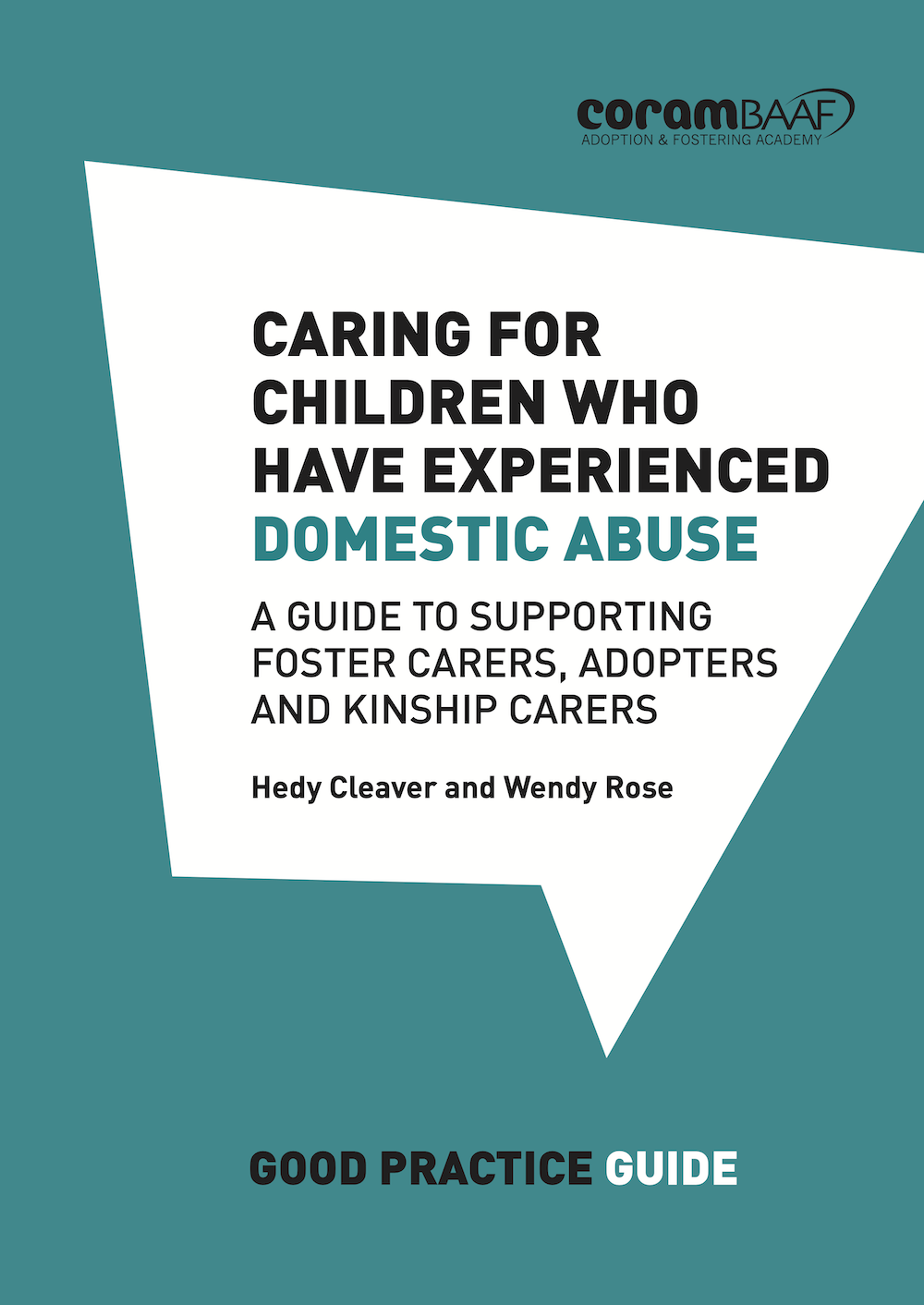
Caring for children who have experienced domestic abuse
A guide to supporting foster carers, adopters and kinship carers
£20.95
Although research suggests that up to 60 per cent of children in foster, adoptive or kinship care have experienced or been exposed to domestic abuse prior to being looked after, this has received little attention in policy and practice. Indeed, it is only with the passage of the Domestic Abuse Act 2021 in England that children have been recognised as victims of domestic abuse if they see, hear or experience it.
Exposure to domestic abuse can have long-term consequences for children’s health and development. These may not be immediately apparent once children have been removed from an abusive home and are living with alternative carers, and can be missed in assessment and planning, resulting in children not receiving the care and support they need.
This is the first Good Practice Guide to shine a spotlight on the thousands of children who have experienced or witnessed domestic abuse prior to coming into care – its possible effects, the care these children need, and how best to assess, prepare and support them and the families caring for them. This ground-breaking guide places children’s experiences following domestic abuse at the top of the agenda.
Packed with information, the guide explores how best to work with these children. It describes the impact of domestic abuse on children of different ages and the effect on their developmental progress across health, education and cognitive development, emotional and behavioural development, identity, family and social relationships, and self-care. It also considers assessment and planning for children and families, and the preparation and support needed. A list of useful resources signposts to further information and support.
This guide is essential reading for social workers placing and supporting children who have been exposed to domestic abuse and those providing and developing services for them. It will also inform policy-makers of the issues to be taken into account in service development.
AVAILABLE IN EBOOK AND HARD COPY
Questions about eBooks? Check out our FAQs
A 10% bulk discount will be applied at the checkout for orders of 10 copies or more on this title.
